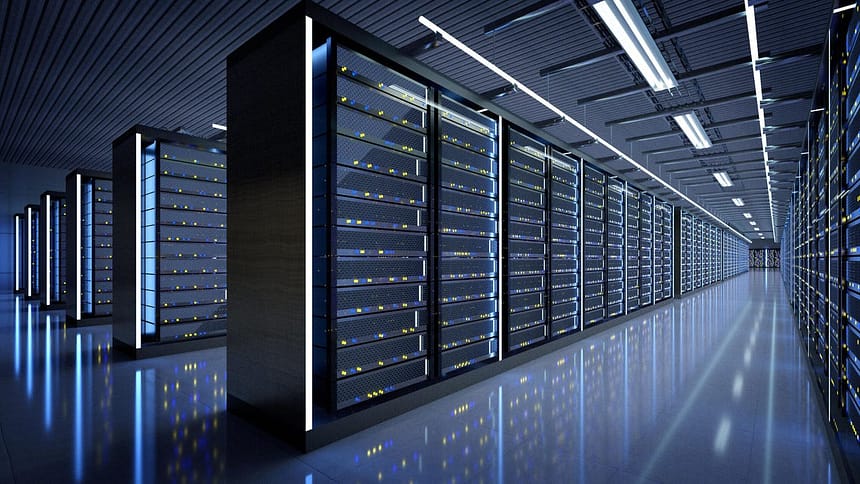Amid a nationwide rush by AI companies to build data centers to support their feverish growth, and by many locales to attract them, some cities are saying whoa, not so fast.
That’s the case in both St. Louis and St. Charles, Missouri, two cities just 30 minutes apart in the heart of the country.
On Aug. 22, St. Charles imposed, in a unanimous vote by the city council, a one-year moratorium on new data center construction after news broke about a secretive data center project possibly coming to the city, which stirred up protests from local residents.
In St. Louis, the head of that city’s planning agency this week proposed a similar moratorium “while the city develops a full understanding of the issue and develops quality land use, environmental, and other regulations,” according to a memo cited by St. Louis Public Radio. It’s a pause that the mayor supports.
There’s good reason for those cities to be concerned. Data centers, stuffed with thousands of computers to handle basically everything you do online, have a voracious need for electricity and water, and no small amount of land or building space. The arrival of generative AI has dramatically amped up demand for such facilities by companies including OpenAI, Google, Microsoft and Meta.
Between 2021 and 2024, the number of data centers in the US nearly doubled amid AI’s swift advances. Meanwhile, the Trump administration’s AI Action Plan has offered full-throated support for building data centers and funneling resources to support them.
Two of the biggest concerns regarding data centers include the copious amount of water needed to cool the servers and the strain they cause on the electric grid.
I heard objections to AI data centers from residents of Pennsylvania and Louisiana this summer when I was researching the environmental and energy impacts of those facilities. A retired school principal who had organized community resistance told me: “I worry about the kind of world I’m leaving for my grandchildren. It’s not safer, it’s not better, and we’re selling out to these big corporations. You know, it’s not in their backyard, it’s in my backyard.”
Data center pushback in St. Charles
When St. Charles residents learned about data center plans for their city, hundreds showed up at a town hall meeting to let their opposition be heard. The center, known as Project Cumulus, would sit on about 440 acres.
“The effects of whatever that facility would bring, long term, short term, you name it, our house is going to feel it, whether it be the subsidized cost for building additional infrastructure, for bringing the water in, the electricity,” St. Charles resident Andrew Gardner told St. Louis Magazine at the time.
The residents’ opposition and action worked.
In an August email, shared by St. Louis Public Radio, the developers behind Project Cumulus told the City of St. Charles that they were withdrawing their application for a conditional use permit. They said they would incorporate community feedback and prepare a revised proposal.
Days later, the city enacted its one-year moratorium on new data center construction.
According to St. Louis Public Radio, the company behind Project Cumulus appears to be Google, but that has not yet been confirmed. On the other side of the state, Google is constructing a $1 billion data center in Kansas City, Missouri.
Google didn’t immediately respond to CNET’s request for comment.
A pause on data centers, not a ban
This is a server room at a data center belonging to Meta’s Facebook operations in Lulea, Sweden.
In St. Louis, Mayor Cara Spencer supports pausing new building permits for data centers while the city develops new regulations rather than banning data center construction entirely.
“While I have concerns about data centers’ effects on the environment, utility prices, vibrancy and urban living,” Spencer said in a statement to CNET, “I also recognize their importance to key industries in St. Louis, including biotech, the geospatial field, agtech and health care, and my office is working closely with the Board of Aldermen and key stakeholders to propose responsible regulations to allow for their appropriate development.”
Currently, Missouri has nearly 50 active data centers with the majority located in Kansas City and St. Louis.






